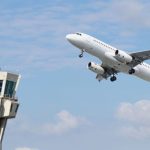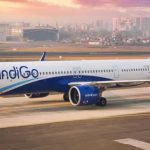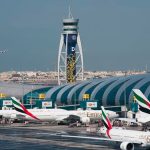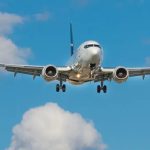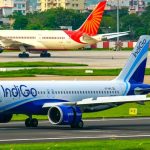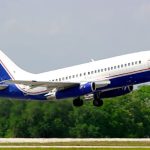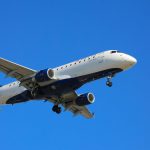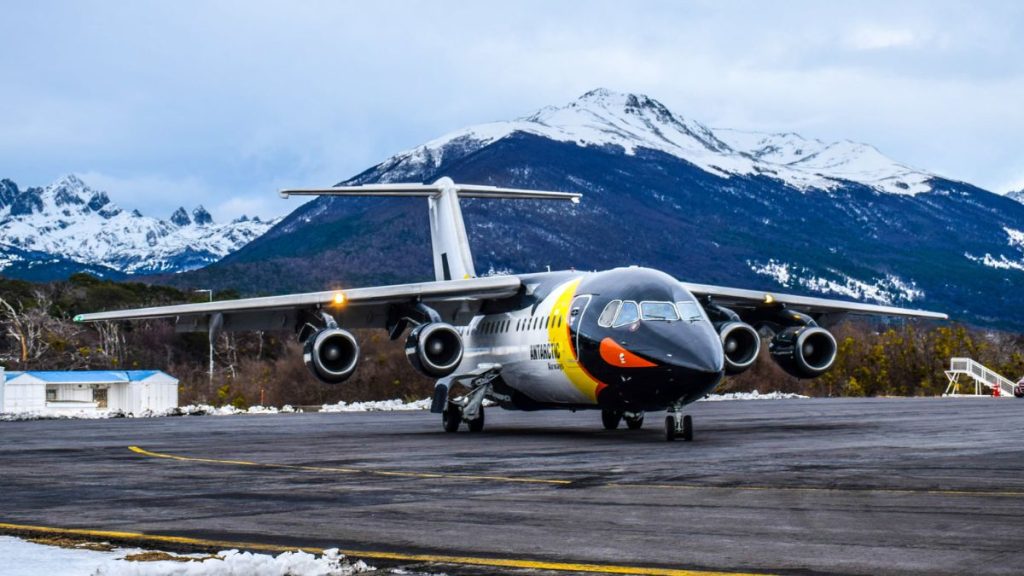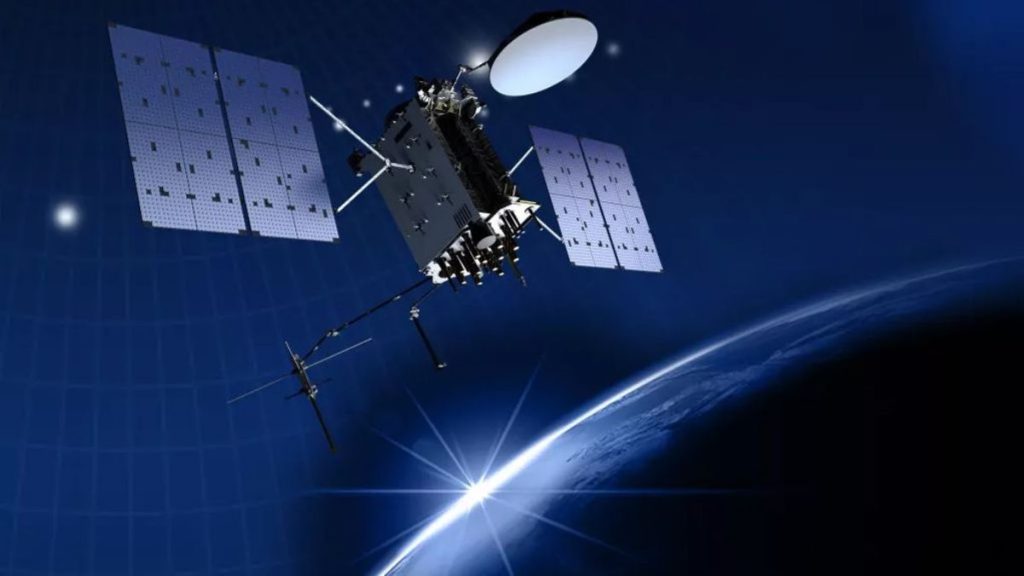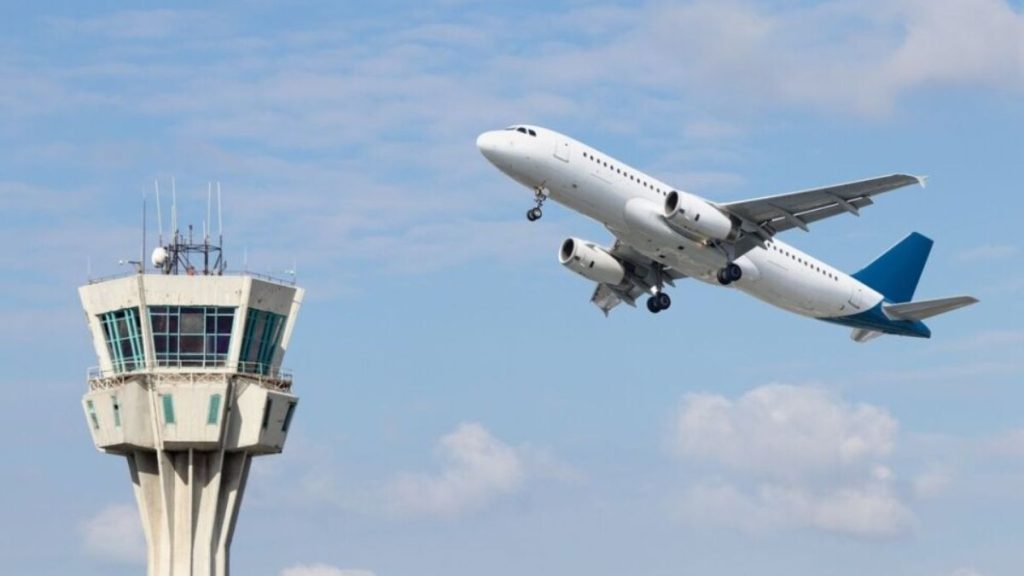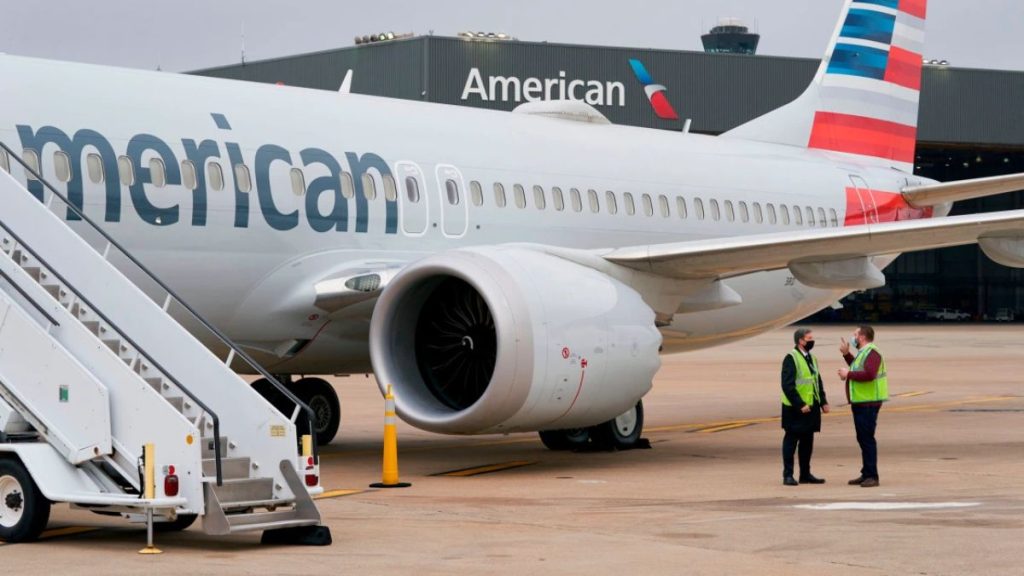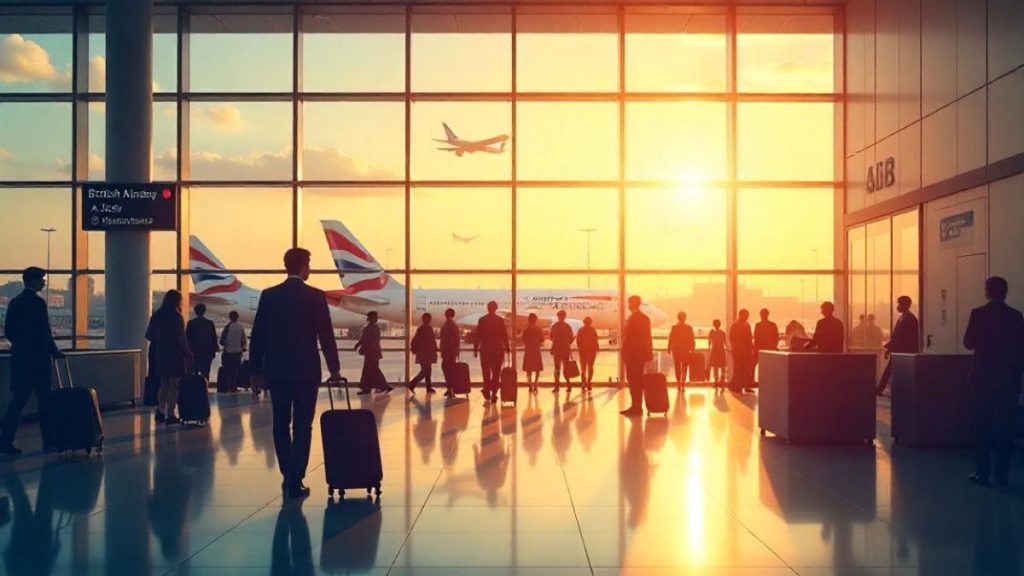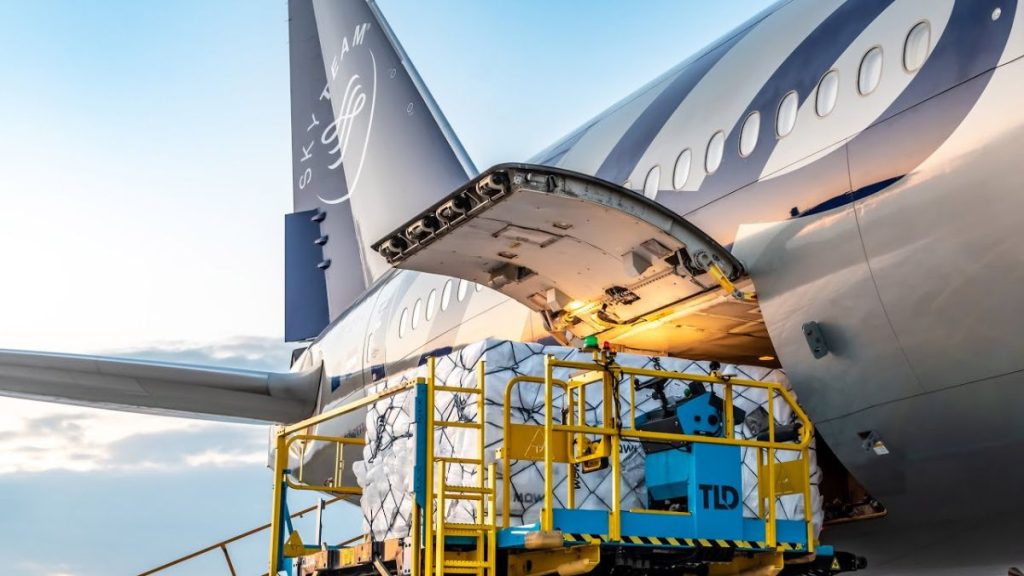The United Nations’ International Civil Aviation Organization (ICAO) concluded its latest assembly in Montreal with a strong condemnation of Russia, accusing it of violating international aviation safety standards through repeated disturbances to global navigation systems.
This resolution marks one of ICAO’s strongest rebukes yet against Moscow, underscoring rising global concerns about aviation safety amid the escalating disruption of GPS systems across Europe.
Russia Accused of Violating Aviation Safety Rules
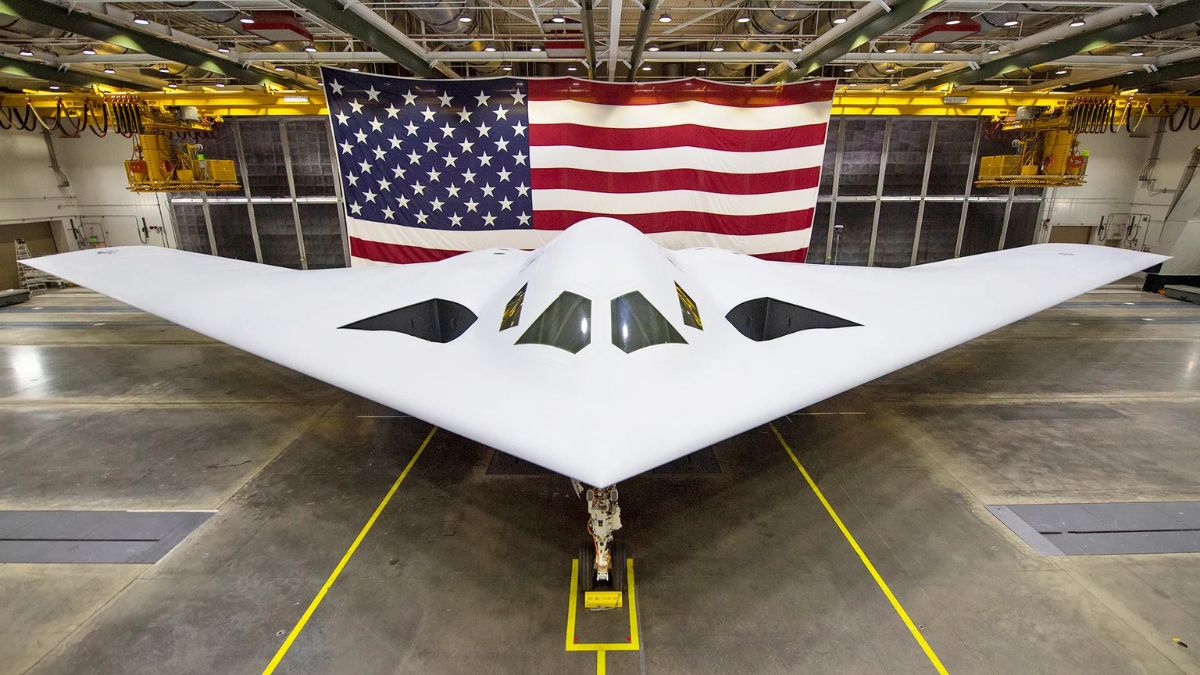
At the ICAO headquarters in Montreal, Canada, representatives from member nations voted overwhelmingly to condemn Russia for causing “recurring interference” with global navigation satellite systems (GNSS).
European nations — notably Estonia, Finland, Latvia, and Lithuania — led the push, accusing Russia of jamming and spoofing GPS signals across Baltic, Eastern, and Northern European airspace. These acts, they argued, pose serious risks to international flight operations, violating the basic principles of the Chicago Convention, which governs international aviation safety.
Russia has denied all allegations, dismissing them as politically motivated.
Growing Concern Over GPS Disturbances
European aviation authorities have reported an alarming rise in GPS interference incidents, especially near Russian borders.
Finland and Estonia, in particular, have been vocal about recent disruptions — including one high-profile incident where a Spanish military jet carrying Spain’s defense minister encountered navigation problems mid-flight.
According to Finland’s Transport Agency, the interference primarily involves GPS jamming and spoofing, techniques that either block signals or send false satellite data to aircraft, leading to potential navigational errors.
Jari Pontinen, Director General of Civil Aviation at the Finnish Transport Agency, explained that these attacks can mislead aircraft systems:
“We have several reports from our aircraft about GNSS interference — mostly jamming, but also spoofing, which can trick receivers into misreading location data,” Pontinen told Reuters.
He added that while GPS disruption isn’t new, the scale and intensity have sharply increased, especially amid rising geopolitical conflicts.
Europe’s Safety Concerns Intensify
Representatives from Baltic nations such as Latvia and Lithuania warned during the assembly that the problem is worsening rapidly.
The Lithuanian delegate revealed that the country now records hundreds of GNSS interference incidents every week, describing the current situation as nearly twenty times more severe than last year.
For countries bordering Russia, this growing pattern of signal jamming has created a major security and safety concern, forcing airlines to adapt by relying on secondary navigation systems and more frequent airspace monitoring.
Modern Aircraft Remain Operational — But Risks Persist
While modern commercial aircraft are equipped with multiple navigation systems — including inertial sensors and backup satellite receivers — experts warn that prolonged interference can still pose serious operational challenges.
Pilots must often switch to manual navigation or rely on alternative systems, increasing workload and reducing precision, especially in low-visibility or high-traffic zones.
Safety analysts note that even if aircraft remain operational, such interference can cause communication breakdowns, flight delays, and diversion risks that disrupt international air traffic flow.
ICAO’s Response: Condemnation Without Enforcement Power
The ICAO Assembly, which meets every three years, has no policing authority — but its resolutions carry significant diplomatic weight.
By passing this resolution, ICAO’s member states sent a clear message: interfering with global navigation systems is a threat to international aviation safety and violates the spirit of cooperation essential to air transport.
The resolution condemned “recurring global navigation interference originating from Russian territory” and its “harmful impact on the safety and security of international civil aviation.”
Deepening Isolation of Russia at ICAO
This vote adds to a series of diplomatic setbacks for Russia within the ICAO.
Moscow failed to regain its seat on ICAO’s 36-member governing council, a position it lost after its 2022 invasion of Ukraine.
A European diplomat told Reuters that the decision was partly influenced by renewed U.S. pressure and President Donald Trump’s recent pro-Ukraine stance at the United Nations General Assembly.
The result reflects a growing international consensus that Russia’s actions are undermining global aviation safety and eroding trust in shared airspace systems.
Moscow’s Silence and Denial
Russia has yet to issue an official response to the latest ICAO resolution.
Moscow has consistently denied involvement in GPS disruptions, insisting that it operates within international aviation standards. Russian officials have called previous allegations “politically charged” and aimed at isolating the country diplomatically.
However, analysts point out that the pattern of GPS interference aligns geographically with Russian-controlled regions and military exercises, raising further doubts about Moscow’s claims.
The Growing Global Threat of GNSS Interference
The aviation community agrees that GNSS interference is not limited to Europe. Similar disruptions have been reported in the Middle East, South Asia, and the Arctic, often linked to military conflicts or geopolitical tensions.
Pontinen noted that while GPS interference has existed for decades, today’s frequency and precision of spoofing attacks are unprecedented:
“There has always been interference, but not at this scale. It’s becoming an unavoidable safety issue,” he said.
What’s at Stake for Global Aviation
Experts warn that if left unchecked, GNSS manipulation could evolve into one of the biggest aviation safety challenges of the decade.
Potential consequences include:
- Navigation errors during critical phases of flight such as takeoff and landing.
- Miscommunication between aircraft and control towers.
- Airspace congestion and rerouting due to signal loss.
- Increased pilot workload, especially during long-haul operations.
These factors could erode passenger confidence and increase operational costs for airlines already grappling with post-pandemic recovery and energy price inflation.
ICAO’s Call for International Cooperation
In its closing statement, ICAO urged member nations to strengthen coordination and data-sharing mechanisms to detect, report, and mitigate GNSS interference more effectively.
The agency emphasized the need for:
- Enhanced monitoring technologies to detect jamming and spoofing.
- Improved pilot training for handling navigation disruptions.
- Diplomatic channels to discourage nations from using GPS interference as a strategic tool.
However, without enforcement powers, ICAO’s resolutions rely on voluntary compliance — meaning the onus falls on nations and airlines to uphold aviation safety.
Conclusion: A Warning for the Skies
The ICAO’s condemnation of Russia highlights a critical turning point in global aviation safety. What began as isolated GPS interference incidents has now evolved into a systemic challenge affecting multiple countries and international air corridors.
While aircraft remain capable of flying safely using backup systems, experts warn that the increasing militarization of navigation technologies could have long-term consequences if not addressed collectively.
As one aviation analyst noted, “The skies are becoming an extension of geopolitical conflict — and every interference carries the potential for disaster.”
FAQs
1. What did ICAO decide regarding Russia?
ICAO passed a resolution condemning Russia for repeated interference with global navigation satellite systems (GNSS), citing risks to international aviation safety.
2. What kind of interference is occurring?
Countries accuse Russia of GPS jamming and spoofing, which block or manipulate satellite signals used by aircraft for navigation.
3. How does GPS jamming affect flights?
While most aircraft have alternative systems, GPS interference can cause navigational errors, flight delays, and airspace disruptions, especially near affected regions.
4. Why is this issue significant now?
The scale and frequency of GPS interference have surged due to geopolitical tensions, especially around Eastern Europe and the Baltic region.
5. Does ICAO have power to enforce its resolutions?
No, ICAO relies on member consensus rather than enforcement. Its resolutions serve as diplomatic pressure rather than legal mandates.

